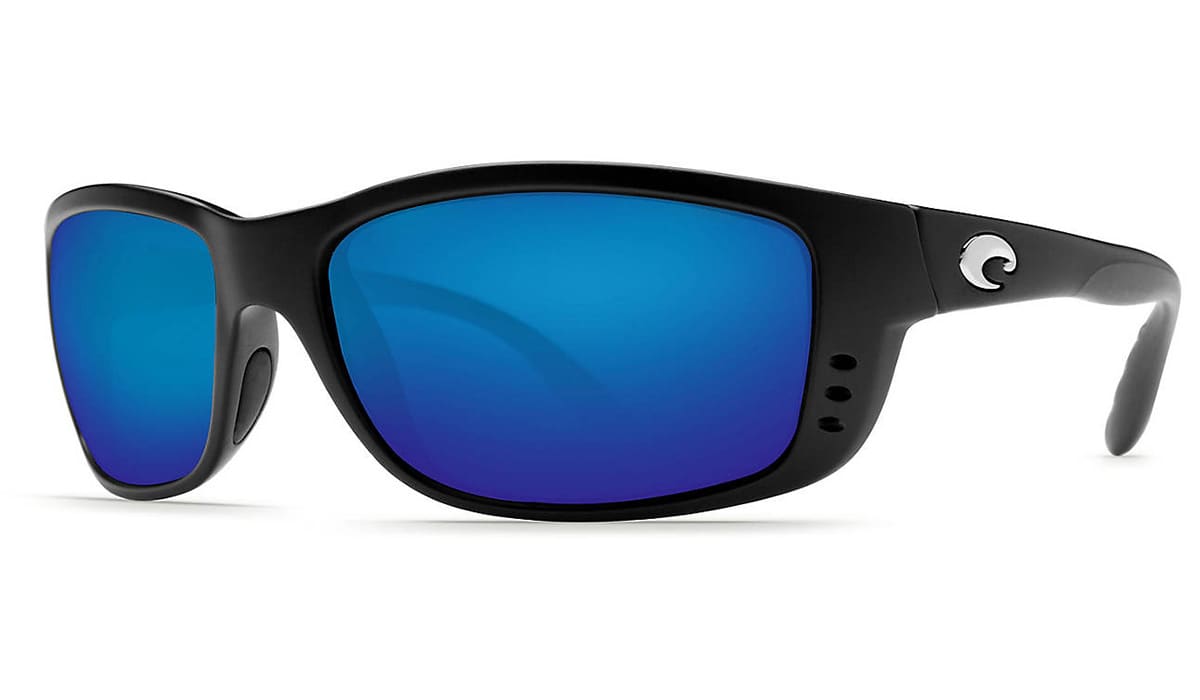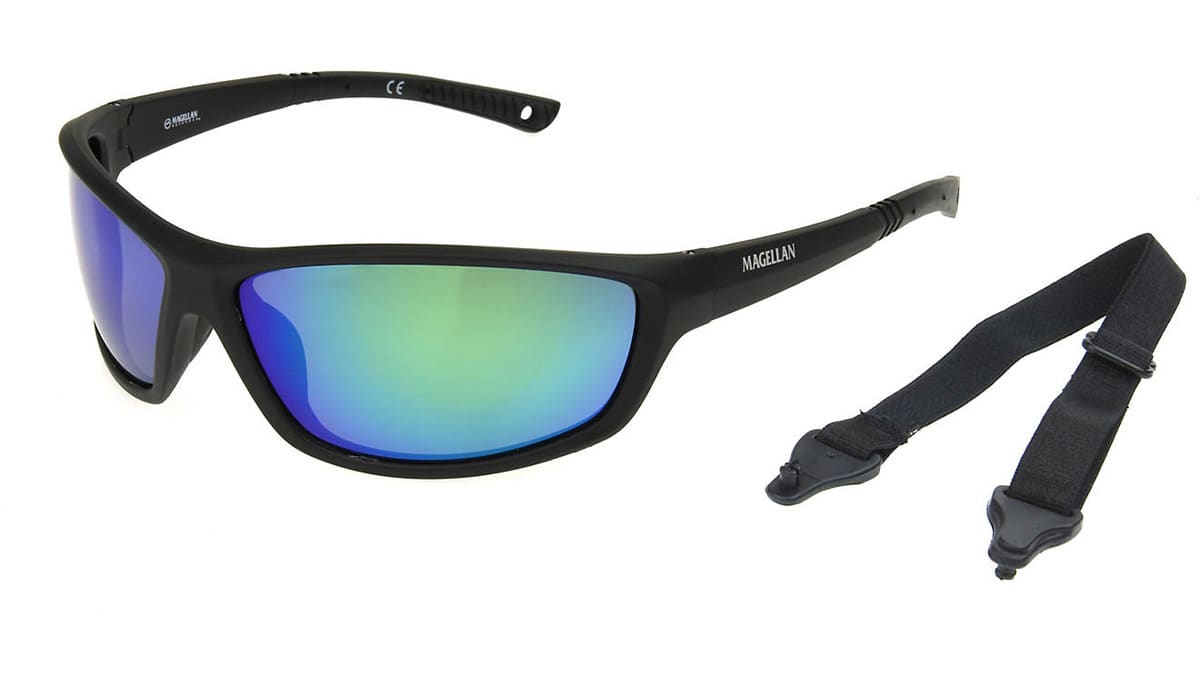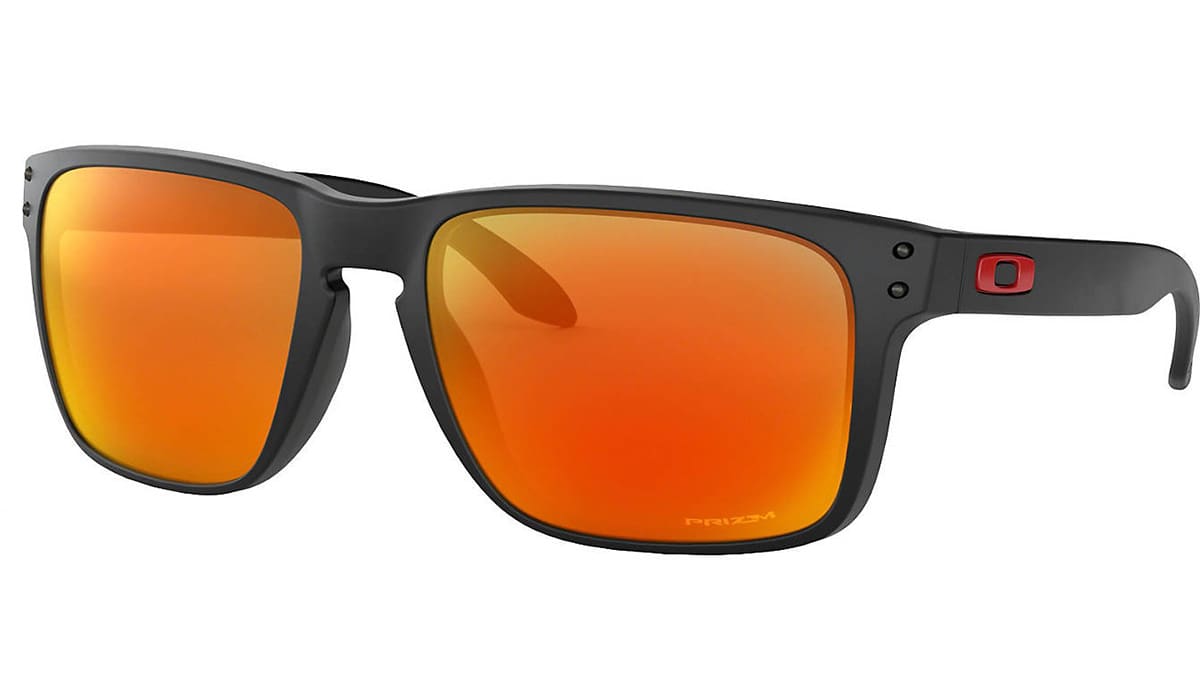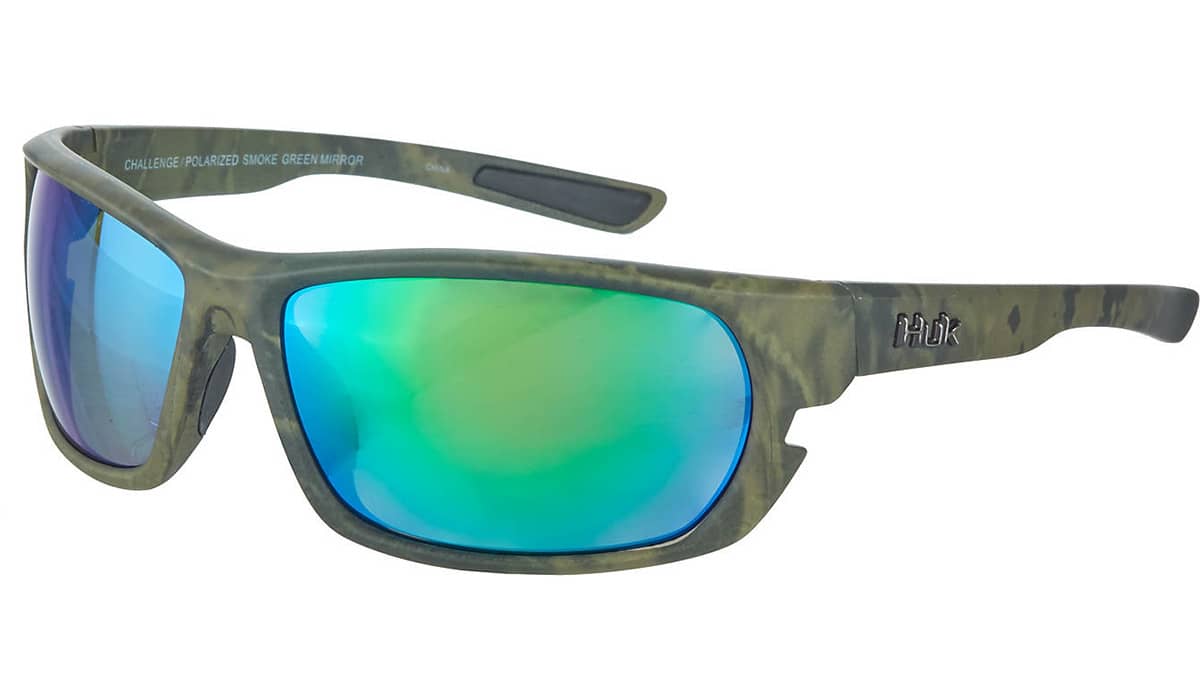The Best Sunglasses Make Your Future So Bright

1. Costa Zane - Editor’s Pick
I have a pair of Costa Zane sunglasses and really enjoy them. Like most of the sunglasses you’ll find, especially at the higher price points, these have 100% UV protection for your eyes, something that you simply must have and do for your vision. The lenses are 580P polycarbonate and are fully polarized for glare reduction. They even carry a limited lifetime warranty, a feature that was also important to me since I’ve had shades break before.
What I like is the fit. These are wrap-around sunglasses that help reduce the glare from directly in front of you as well as within your peripheral vision zones.These are sunglasses designed for serious angling and other outdoor adventures. The nylon frame is lightweight and the lenses are perfect as far as I can tell for clarity and durability.
2. Magellan Outdoors Tarpon - Budget Pick
These polarized sunglasses have the 100% UV protection you need, as well as the glare protection from the polarized lenses. They are made from lightweight plastic that helps drop the costs way down as well as makes them very easy to wear. The trade off is that the frames aren’t going to be as durable as some of the other frame materials, and the lenses aren’t impact rated. The big plus here is the price. At under $25, you can wear them and if they get lost or broken, you won’t be too devastated.
3. Smith Guide’s Choice XL - Big Guy Pick
If you’re like me, and you have a big head, these shades may just be the best sunglasses you can get for fishing and other activities. The Smith Guide’s Choice is the company’s most popular on-the-water sunglasses, and the new Xl size fits better for bigger noggins. The 8-base frames offer unmatched sun protection and they have Smith’s color-boosting ChromaPop polarized lenses. Megol pads and spring hinges help keep them on your face and an integrated leash helps you from losing them to the water. They have 100% UV protection and just look cool, too.
4. Oakley Holbrook
I wore Oakley sunglasses and goggles for years, and I still do upon occasion. My son wears the Holbrook sunglasses since he raves about them. Here’s the thing, Oakley has one heck on an R&D department and they have worked wonders with clarity. The Prizm lenses from Oakley are about as good as it gets as far as a precision lens goes. There is no optical distortion that I can detect, and I’m not alone in thinking this. The lenses aren’t exactly polarized, but they act very similar, so they do work for fishing. They block 100% of UVA and UVB rays, too.
5. HUK Challenge - Moderate Price Pick
HUK has taken the fishing world by storm as a brand of performance gear designed for a life of piscatorial pursuits. Their Challenge wraparound polarized sunglasses pack a lot of features into a pair of glasses that you’d expect would cost way more. The 100% UV protection blocks out UVA and UVB rays and the injected-molded TR90 frame is very durable. Something else that’s really cool is the 8Base curvature to the polycarbonate lenses lessens the distortion you’d normally get from any curved lenses. The lenses are even coated to help repel water and resist fogging. All for under $50!
Get Polarized
We all know from high-school science class that light travels in different waves, and it reflects at different waves, too. Light comes in vertically, and reflects both vertically and horizontally. It’s the reflected horizontal light that causes glare. This is where polarized lenses come into play.
Polarized lenses cut down on glare by using a chemical film that is either applied to a lens be it plastic/polycarbonate or glass. Plastic or polycarbonate lenses can also have the coating embedded in the lens material. The chemical film creates a filter that removes glare by absorbing the incoming horizontal light, while still allowing the vertical light waves.
The glaring, reflected horizontal light is filtered out by the chemical film and transmits only the vertical wavelengths to your eye. This is what allows you to see activity, fish and more that is under the water because the reflected light is filtered out. It is also believed by some that reflected horizontal light is more harmful to your eyes, so going polarized not only makes sense for outdoor enthusiasts, but also from a health standpoint, it’s a better option.
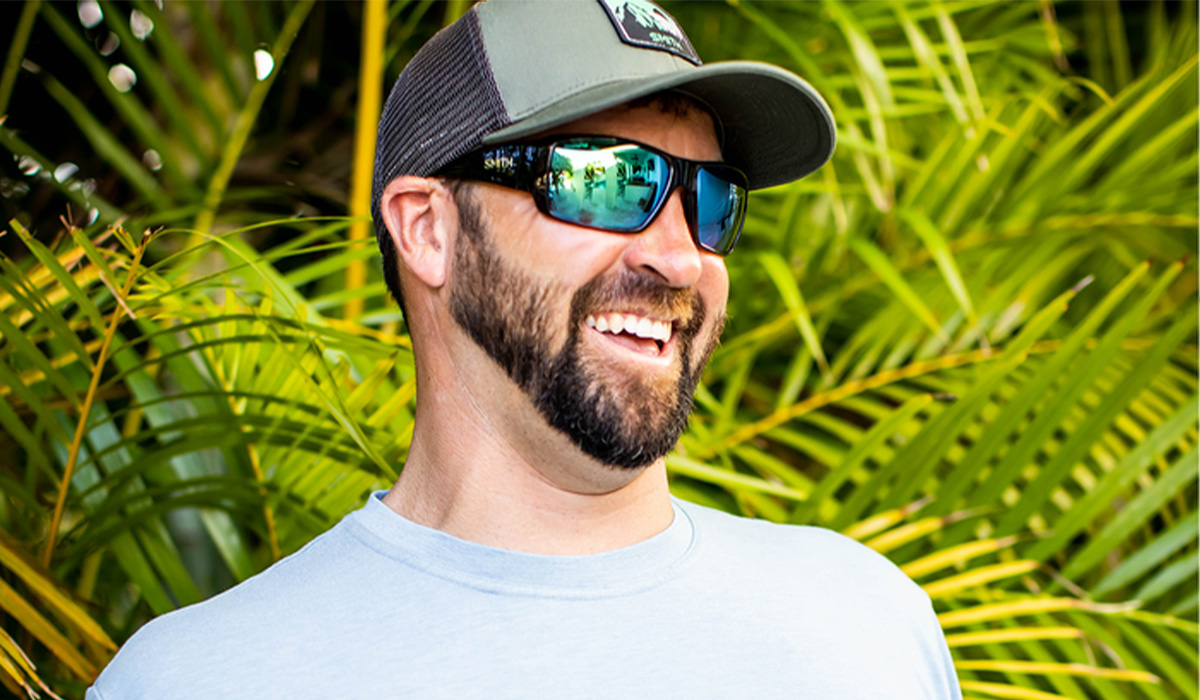
Glass vs. polycarbonate lenses
Most sunglasses readily available today are made using a polycarbonate lens material. That’s not to say that glass lenses aren’t still available, as they are, especially with some higher-end sunglass brands. Which is better? They each have some strengths and weaknesses.
Glass lenses are the original standard and offer the advantage of being much harder to scratch. Anyone who has ever had a high-end pair of sunglasses get all scratched up knows the pain of dealing with this. Depending upon the situation, glass lenses may offer more optical clarity, too, but some of the polycarbonate options are right there, too.
On the flip side, glasses lenses are going to be heavier than polycarbonate. This can cause them to become uncomfortable after a period of time. I’ve dealt with this first hand and can say that after a while, you will really notice the strain of the weight on your nose. And while a glass lens may be more scratch resistant than polycarbonate, impact resistance is a completely different story. Glass lenses will crack and shatter much easier than polycarbonate. Keep that in mind when making your choice.
Polycarbonate lenses are going to be much lighter and have a better impact resistance than glass. There is also a cost factor here, as polycarbonate tends to be less expensive than glass and gives you more options for coatings and materials. If you need sunglasses for things like hunting and shooting sports, polycarbonate is the only way to go due to the impact issue.
What do I need in sunglasses?
A minimum of 100% UV protection is a must have for sunglasses. You also need to consider impact protection if that is a possibility during use. I would also suggest buying polarized sunglasses for most activities, especially fishing.
Is UV protection the same as polarized?
No, UV protection is not the same as polarized for lenses. UV protection blocks harmful ultraviolet rays that damage your eyes. Polarized lenses cut down glare, making it easier to see in bright conditions.
We are committed to finding, researching, and recommending the best products. We earn commissions from purchases you make using the retail links in our product reviews. Learn more about how this works.

